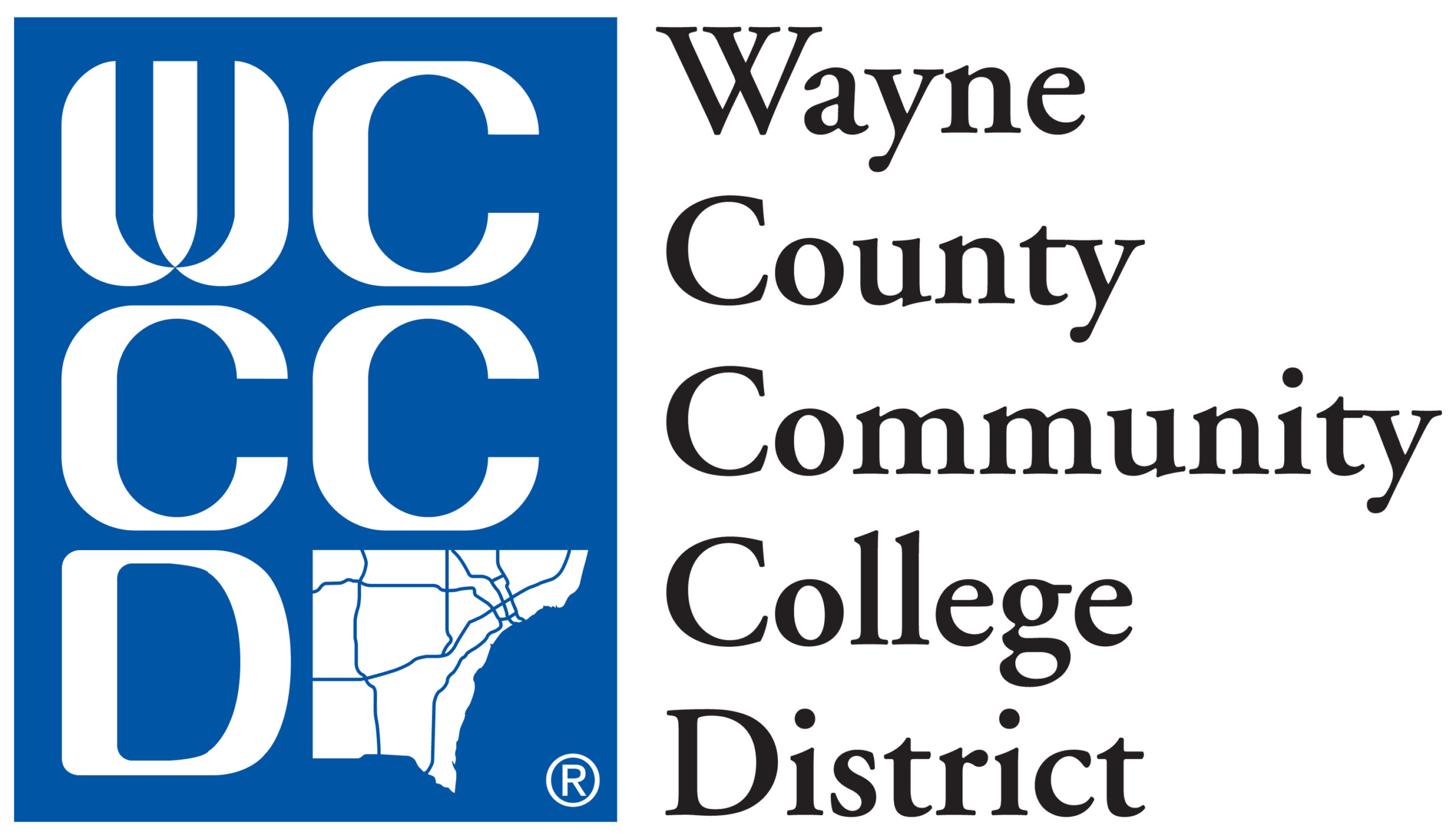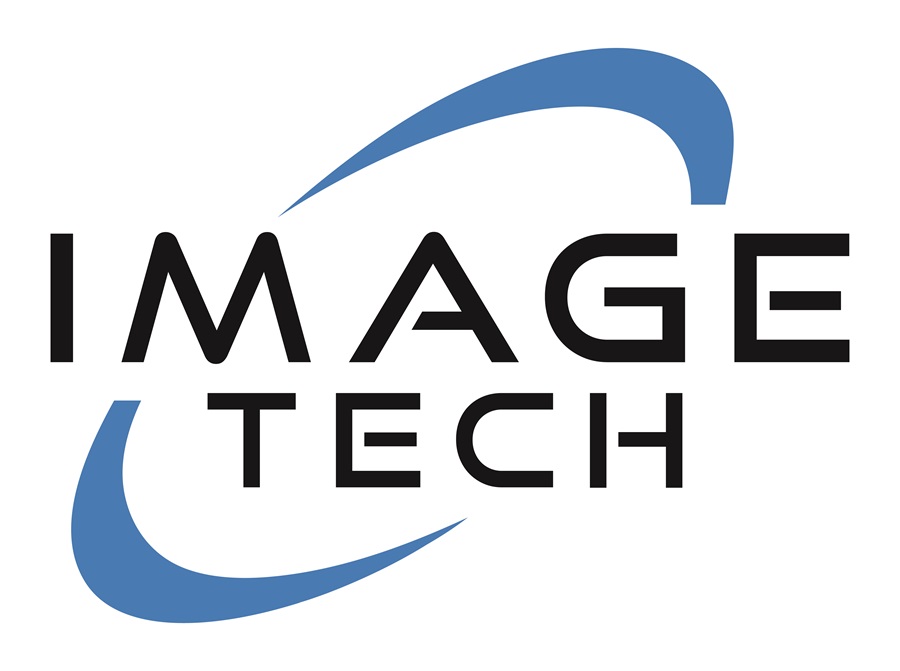Online gambling has exploded in popularity, reshaping industries and creating new opportunities. But with this rapid growth comes a maze of legal regulations that can feel overwhelming for local businesses trying to stay compliant. These laws aren’t just about protecting players—they directly impact how businesses operate and innovate in this evolving space.
I’ve noticed that navigating these legal landscapes requires more than just understanding the rules. It’s about anticipating their implications, from licensing requirements to tax obligations, and even how they influence customer engagement. For local businesses, staying ahead isn’t just a choice—it’s a necessity in this competitive market.
Overview Of Online Gambling Regulations
Online gambling laws vary across jurisdictions, creating a patchwork of regulations that influence local business operations. These laws define the parameters for legal activities and establish compliance requirements.
Understanding The Legal Framework
Legal frameworks for online gambling encompass rules on licensing, taxation, and operational boundaries. In the United States, for example, states like New Jersey and Pennsylvania have legalized and regulate online gambling, while others maintain prohibitions. Internationally, the European Union emphasizes harmonized regulations, but specific requirements depend on individual member states. These frameworks often address player protections, anti-money laundering measures, and advertising restrictions.
Key Stakeholders In Online Gambling Laws
Key stakeholders shape the evolution of online gambling laws. Legislators, such as state or federal-level representatives, enact laws and establish regulatory bodies like the UK Gambling Commission or Malta Gaming Authority to enforce them. Local businesses, including casinos and payment processors, must operate within these legal parameters. Advocacy groups focus on responsible gambling policies, while consumers influence demand, driving lobbying efforts and shaping market trends.
Regional Variations In Gambling Regulations
Online gambling laws vary significantly across regions, creating challenges and opportunities for local businesses. Understanding these disparities is key to navigating legal landscapes effectively.
Differences Across Countries
Countries establish unique regulatory frameworks for online gambling, influenced by cultural, economic, and societal values. For example, the United Kingdom permits online gambling with robust oversight through the UK Gambling Commission, ensuring strict consumer protections. In contrast, China bans online gambling entirely except for state-operated lotteries, imposing severe penalties for violations. Meanwhile, Australia adopts a mixed model, restricting online casinos but permitting sports betting under licensed operators.
These differences directly affect market entry strategies, compliance efforts, and operational costs for businesses. Entities seeking international markets must adapt to accommodate regional restrictions, taxes, and licensing standards.
State-Specific Rules And Their Impact
In federal systems like the United States, gambling laws vary widely by state, influencing how businesses operate within borders. States like New Jersey and Pennsylvania have legalized and developed comprehensive frameworks for online casinos, paving the way for local operators to thrive under state regulation. However, others, like Utah and Hawaii, maintain blanket prohibitions, completely blocking any online gambling activity.
These disparities shape the competitive environment and accessibility for businesses and customers. For instance, companies targeting multiple states must navigate different licensing processes, adhere to specific local tax obligations, and tailor marketing to suit each jurisdiction’s regulatory climate.
Implications For Local Businesses
Navigating online gambling regulations directly affects local businesses’ operations and profitability. Complex compliance requirements and potential opportunities shape how businesses engage with this evolving market.
Compliance Challenges For Businesses
Adhering to diverse online gambling laws creates hurdles for businesses. Licensing requirements often vary between jurisdictions, increasing administrative workloads. For example, U.S. states like New Jersey and Pennsylvania demand stringent licensing processes, while prohibitive laws in Utah and Hawaii force businesses out of the market.
Taxation is another pressing issue. Businesses must calculate and remit taxes on gambling-related revenues, with rates differing by region. Irregular tax policies can erode margins and complicate financial forecasting. Additionally, ensuring secure platforms to meet anti-money laundering (AML) and data protection laws raises operational costs and technological demands.
Opportunities Created By Clear Regulations
Clear, well-defined regulations help businesses thrive. Transparent licensing frameworks foster stable market entry, as seen in countries like the UK and Malta, which provide streamlined processes for operators. Predictable taxes reduce financial uncertainty and incentivize investments in compliant infrastructure.
Consumer trust also improves under strong regulatory environments. For example, businesses operating in jurisdictions like New Jersey have benefited from increased customer adoption due to robust safeguards ensuring fair play and data protection. Opportunities further expand when operators can collaborate with stakeholders, such as payment processors and advertising platforms, under regulation-friendly circumstances.
Navigating Evolving Legal Landscapes
Adapting to the rapidly changing legal frameworks in online gambling is crucial for local businesses. With laws shifting frequently, staying informed and responsive is key to maintaining compliance and leveraging opportunities in the market.
Staying Updated With Changing Laws
I recognize that online gambling regulations are in constant flux, influenced by evolving societal norms, technology, and legislative priorities. These shifts require businesses to monitor legal updates closely, including new licensing requirements, tax policies, and operational boundaries. For instance, in the U.S., federal-level changes like the reinterpretation of the Wire Act in 2018 directly affected interstate gambling operations. Monitoring updates issued by regulatory bodies like the UK Gambling Commission or state-level entities in the U.S. ensures readiness for change. Regular engagement with legal experts and professional organizations also helps decode complex laws and provide real-time insights.
Strategies For Adapting To Regulatory Shifts
I find it essential to proactively create strategies that mitigate risks from unexpected regulatory changes. Diversifying markets reduces dependency on a single jurisdiction’s laws. For example, businesses operating in multiple regulated markets in Europe, such as Sweden and Germany, can ensure stability even amidst regulatory changes in one region. Building robust compliance teams helps businesses adapt operational processes quickly, implementing updated practices whenever laws shift. Investing in legal tech tools, such as automated compliance software, streamlines monitoring and reporting, safeguarding against penalties. Collaboration with advocacy groups and participation in public consultations further align business practices with emerging legal frameworks.
The Future Of Online Gambling Regulations
Online gambling regulations are expected to evolve rapidly as technology advances and societal attitudes shift. Anticipating these changes is vital for businesses aiming to remain competitive and compliant.
Predictions For Legal Trends
Governments are likely to introduce standardized frameworks to address cross-border online gambling issues. With the growth of virtual platforms, harmonized international regulations may emerge, particularly in regions like the European Union. Blockchain technology may influence regulatory models, offering transparent solutions for transactions and compliance, fostering greater trust among stakeholders.
Increased scrutiny on responsible gambling is anticipated, driven by both consumer demands and advocacy groups. Regulators could enforce stricter advertising guidelines, player protection measures, and age-verification protocols to ensure ethical practices. Many countries, including the U.S., may refine state-by-state rules to balance revenue generation and societal concerns, encouraging states with prohibitive laws, like Utah, to reconsider their positions.
Potential Effects On Local Economies
Evolving regulations could create opportunities for local economies through job creation, taxation, and partnerships. Regions adopting progressive licensing systems, such as New Jersey, might see sustained support for local industries, including tech, marketing, and legal advisory services linked to gambling operations.
Businesses in restrictive areas may face revenue loss, forcing industries reliant on gambling, such as hospitality, to adapt. Meanwhile, jurisdictions fostering clear regulatory environments, like Malta, may attract global operators, boosting foreign investments and enhancing economic resilience. Improved regulatory clarity could also promote safer consumer practices, reducing social costs associated with gambling-related issues.
Conclusion
Navigating the legal complexities of online gambling is no small feat, but it’s a critical task for local businesses aiming to succeed in this dynamic industry. By understanding the regulatory landscape and staying proactive, businesses can turn potential challenges into opportunities for growth and innovation.
Adapting to evolving laws, leveraging technology, and fostering collaboration with key stakeholders are essential strategies for maintaining compliance and staying competitive. A well-regulated environment not only supports business stability but also builds consumer trust, paving the way for long-term success in the ever-changing world of online gambling.


























